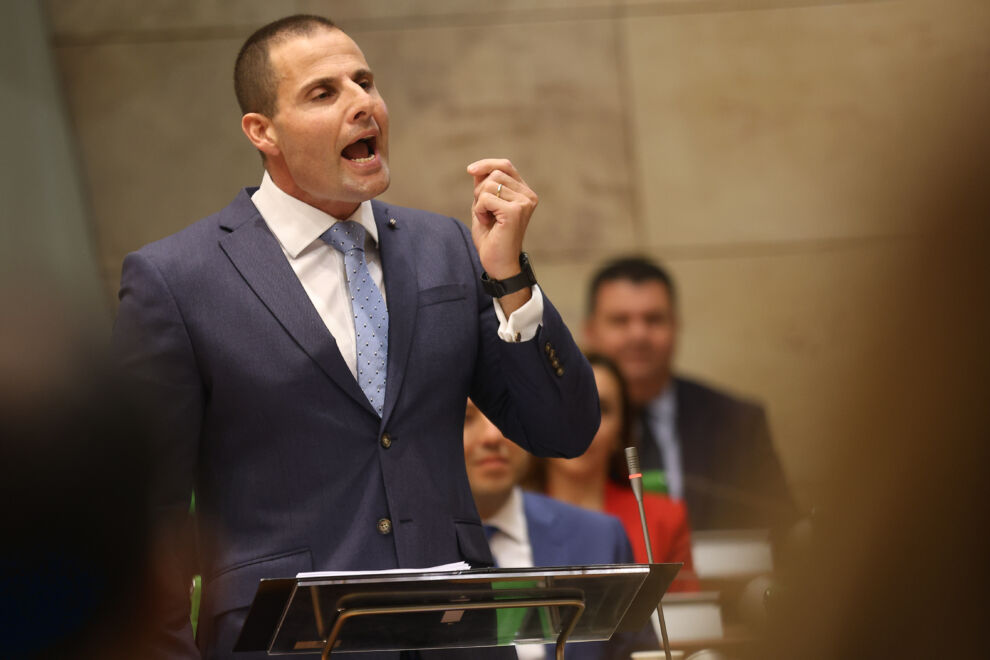In the summer of 2001, on the day that John Rizzo’s appointment as the new police commissioner was announced, I was having dinner with someone who had had an advisory role in the choice. Rizzo’s predecessor had resigned after a sex scandal, and the adviser was relieved that finally, the whole affair was behind the PN-led government.
The third person at the dinner was having none of it. There was an incident in Rizzo’s early police career (which Rizzo had had no control over) that rankled this critic. And there was a partisan subtext: the new police commissioner’s political inclination was known to be Labour.
The adviser, however, was adamant. There had been only four realistic candidates to choose from. One was a terrible administrator. Another couldn’t get on with anyone. A third was another personal scandal waiting to happen. Rizzo, on the other hand, was a good dedicated policeman: independent, non-partisan in his work, and not politically malleable.
And that’s how it turned out. Rizzo was the last police commissioner appointed by a PN government that was voted out of office almost 12 years later.
During those dozen years, I do not recall the Opposition Labour Party once criticising him for not investigating a case of political corruption that had landed on his desk. (In this period, Labour made several claims of political corruption, much aired on its media and in parliament; but Labour did not accuse the police commissioner of sitting on a file.)
Despite the lack of criticism, Rizzo was effectively sacked as soon as Joseph Muscat became prime minister. Does anyone today doubt that Rizzo had to go precisely because he was too good a policeman?
I’m not writing this to rehash what would already be well known to readers of this website. There is no need to go over the three police commissioners and two acting ones that followed Rizzo.
Suffice to say that his immediate successor was gone in just over a year and, though this was not the reason for his resignation, he was accused of breaching European law by not cooperating with OLAF, the anti-fraud office of the European Commission.
The acting commissioner that followed resigned less than six months later, embroiled in a cover-up concerning the then police minister’s driver. The man who followed after that resigned for personal health reasons – curiously, soon after files concerning the Panama gang arrived from the FIAU, the financial intelligence agency.
The man who lasted most was the rabbit-sucking, pushback-supporting Lawrence Cutajar who, by the end of his term, was sitting on so many files that he could tower over a Wimbledon umpire.
No, the reason I’m revisiting Rizzo’s appointment is to bust a myth that is spreading, despite everything. As we wait to appoint Cutajar’s successor under new rules, the old method of appointment – essentially, a choice made by the prime minister – is being criticised in a way that suggests that the method was exploited by every prime minister to select a politically malleable commissioner.
Perhaps it’s worth pointing out that two of the three post-Independence PN prime ministers – Giorgio Borg Olivier and Lawrence Gonzi – never appointed a police commissioner. They kept one they ‘inherited’. Borg Olivier retained Vivian de Gray, appointed in the colonial period, and who was independent of both the PN and Labour. Gonzi retained Rizzo, appointed by Eddie Fenech Adami.
After 1971, under Dom Mintoff, a succession of commissioners followed. Most didn’t last long because they were not politically malleable. In 1980, Lawrence Pullicino was appointed and he lasted until the change of government in 1987.
Pullicino was removed by the incoming PN government for grave reasons: he was later found guilty of murder and imprisoned. He was briefly replaced by Brigadier John Spiteri, the Commander of the AFM under the preceding Labour government, who in an extraordinary measure was also put in charge of the police corps until 1988.
Spiteri was politically independent in terms of partisan preferences, and not malleable. The next two commissioners were known to be politically inclined towards the PN – but also not politically malleable. George Grech, appointed in 1992, was not changed during the Labour administration of 1996-98.
This history is worth repeating because it bears remembering how extraordinary the present is. The succession of resignations since 2013 speaks eloquently of a rapid deterioration at the head of the police corps.
The reason why, previously, the method of appointing a police commissioner was not changed was because, from 1987-2013, the appointments were infrequent and made to secure good policing.
In seven years, our expectations have deteriorated so fast we would consider it a blessing if the new police commissioner merely investigated Konrad Mizzi and Keith Schembri.
Be braced, however, to be told that the new police commissioner is being appointed under conditions that show that the country is maturing.












